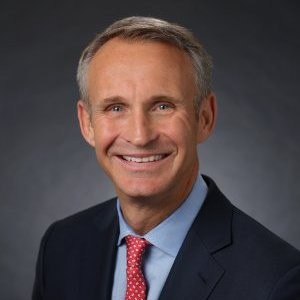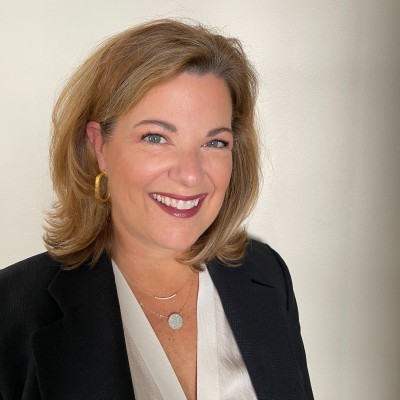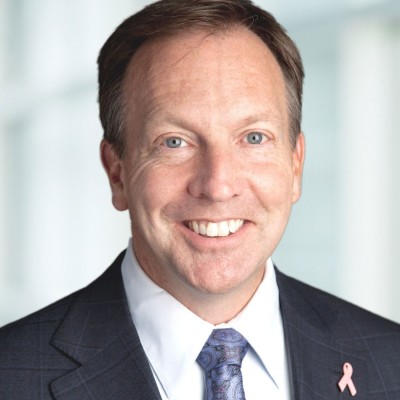Oxfam International Executive Director Gabriela Bucher has called for a wealth tax on billionaires to benefit women plunged into poverty by the pandemic; during a session on gender parity at the World Economic Forum Annual Meeting 2022 in Davos-Klosters.
Referring to a report, Profiting from Pain, published by Oxfam this week, Bucher noted that “some industries are in fact doing extremely well; and billionaire wealth has risen greatly during the two years of the pandemic. But, on the other side, women have been left out” as millions, especially in the Global South, lost their jobs in the informal sector. She highlighted that achieving gender equality will now take 136 years, with the pandemic pushing back progress by a generation.
“A new billionaire was created every 30 hours during the pandemic. While a million could fall into extreme poverty at around the same rate in 2022,” she highlighted. “Billionaires have made record-breaking fortunes during the pandemic. They have seen their wealth increase as much in the 24 months of the pandemic, than in 23 years combined.
Billionaires “in the food and energy sectors alone are increasing their fortunes by $1 billion every two days – as our new briefing paper, Profiting from Pain, outlines”, she added. “At the same time, people across the world are skipping meals, turning off the heating, falling behind on bills; and wondering what they can possibly do next to survive.”

WEALTH TAX TO FUND SOLUTIONS
Bucher wants structural changes to the economy, such as through taxation. “By and large those profiting at the top are mostly men and the whole system is really structured on the shoulders of women in the sense of unpaid care work,” she said. “We advocate taxing wealth to fund solutions”, she said. The key “transformative policy” that needs funding is childcare to enable women to work; along with a push to get girls back into education, and more women and girls vaccinated in the Global South.
Bucher noted the need to tackle the “pandemic of domestic violence” which affected one in two women during Covid-19, according to the UN. She also called for the rights the International Labour Organisation grants to organised labour to be extended to workers in the informal labour.
GREATER FLEXIBILITY & GENDER PARITY
Reflecting a positive perspective from the Global North, Jonas Prising, Chairman and CEO of ManpowerGroup, pointed to ways in which the pandemic could benefit gender parity. “Many organisations have realised that in-person presence in the workplace does not equate to productivity,” he said. “The lasting legacy of the pandemic is going to be greater flexibility; which we think will enable women to participate easier in the absence of support structures such as childcare.”

However, that flexibility has to be well-managed to ensure that those working outside the office are not at a disadvantage when it comes to promotion. Meanwhile, said Prising, in the current environment of a skills-short labour market, essential workers are seeing their wages rise. This will benefit women seeking to get back into the workforce, he said. “Employers are looking for skilled workers. Women are more skilled and more educated than men yet are 20% under-represented; so employers will understand they need to attract female talent into their workforces.”
MORE WOMEN IN LEADERSHIP
Stephanie Trautman, Chief Growth Officer of global tech company Wipro, highlighted the inconsistency in how companies promote men and women. “For a long time, we promoted men based on their potential, we promoted women based on their performance,” she said. However, in the past 12 months the company has doubled the number of women in leadership positions; unlocking tremendous untapped potential.

“We have to be purposeful without necessarily being quota-driven,” she said, “because I don’t think women want that. We want to be in leadership positions because we deserve to be in leadership positions”. Trautman also noted that “we need to be deliberate about training and development, helping women come in and out of the workforce throughout their careers”.
Steve MacMillan, Chairman and CEO of medical device and diagnostics company Hologic, emphasised the importance of getting the right data to reveal gender gaps and challenges. He criticised the “single-minded focus” on the single metric of Covid-19 cases during the pandemic; which have “closed our eyes” to the many other issues facing women. For example, more than one billion women did not see a health professional during 2021. “We can count the number of Covid cases in every country by day, but we can’t count how many women are getting raped, how many women are coming down with HPV, how many women are being abused at home. There are so many other things that we are missing.”







































